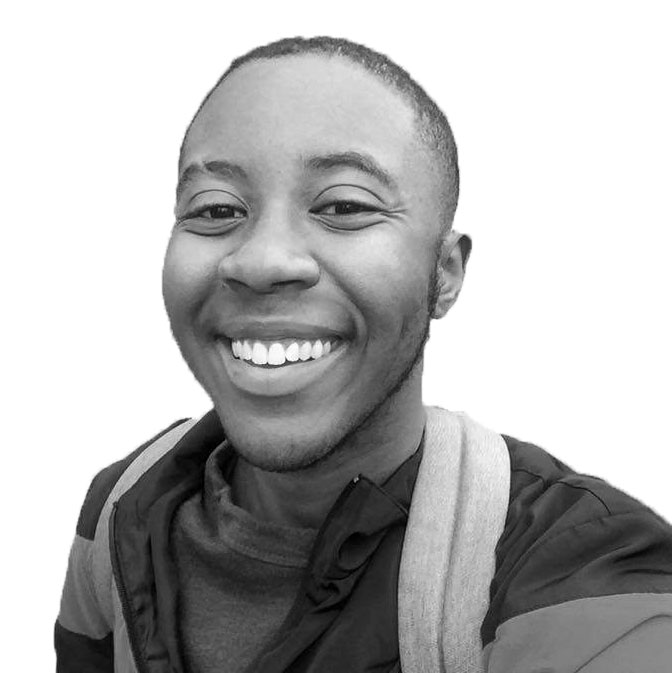While student survivors like David Hogg have received whirlwind media attention for their anti-gun-violence movement after last month’s shooting at Stoneman Douglas High School, several minority students at the school feel their voices have been ignored by the press.
Chief among their concerns: that ramped-up school security meant to prevent further violence will ultimately mean more racial profiling against them.
Kai Koerber, 17, claimed this week that he has been specifically targeted by school officers. In a press conference, he refused to divulge specific details of the alleged encounter, but railed against the school’s new policies that might disproportionately affect its black students.
One new rule instituted after spring break mandated that students wear clear book bags to school. “It’s bad enough we have to return with clear backpacks,” Koerber lamented in the presser, as reported by the Miami Herald. “Should we also return with our hands up?”
Additionally, students returned to class with eight Florida Highway Patrol troopers securing entry points, per orders of Florida Gov. Rick Scott, as CNN reported.
Black students voiced concerns that the elevated security could mean more intrusive profiling incidents like the one Koerber allegedly faced.
“You never know how those encounters are going to end up,” Tyah-Amoy Roberts, a fellow student activist and classmate of Kai’s, told The Daily Beast. “These officers do not have special diversity training… we want officers that will protect us, not racially profile us. We’re not confident that these are those officers.”
Of course, after a shooter killed 17 people at the school last month, Roberts conceded that an increased law-enforcement presence is an “uncomfortable reality.” But fears of unjust treatment are real for students of color, she said, noting that they compose 11 percent of the high school’s 3,000 students.
Roberts recalled how the previous security guards at the school were “people that we love” and “knew our name.” The school’s newest authorities, she said, aren’t necessarily acquainted with the district and its students.
And Roberts and her fellow minority students worry they will be viewed as “potential criminals,” as she said during a press conference earlier this week.
The Parkland teens, who say their concerns are being overlooked in the #NeverAgain movement, are represented by the Broward Black Lives Matter Alliance, and want their voices heard as part of a national movement recognizing police brutality as inseparable from gun violence. Their press conference earlier this week was reportedly only attended by local media.
“We are showing a face of Douglas that is not white,” Roberts said. “A lot of black mothers, fathers, aunts, and uncles didn’t feel close to this movement at all because it was a ‘white issue.’”
She added: “This is just as much a black issue as a white issue. We have to include police brutality because that is gun violence.”
Last Friday, David Hogg, the de facto media face of the school’s student activism, said his black classmates haven’t been given a sufficient voice in the media.
“Don’t get me wrong [David], I appreciate your gesture of calling out the media for the lack of black faces in the aftermath of the incident at our school,” Roberts responded in a statement posted to Twitter. “But I don’t recall (nor do any of our black peers at Douglas) getting any invites from you to [sic].”
Roberts told The Daily Beast that Hogg is an “amazing person,” but that he needs to be more supportive of his African-American classmates.
“If you’re going to advocate for this, then you have to take tangible actions to fix it,” said Roberts, who has not been personally contacted by Hogg.
In the meantime, Roberts said, she and her classmates will continue to worry about how their school has effectively turned into a prison.
“Everywhere I turn there is an armed guard," she said. “It feels like the Stoneman Douglas penitentiary.”






